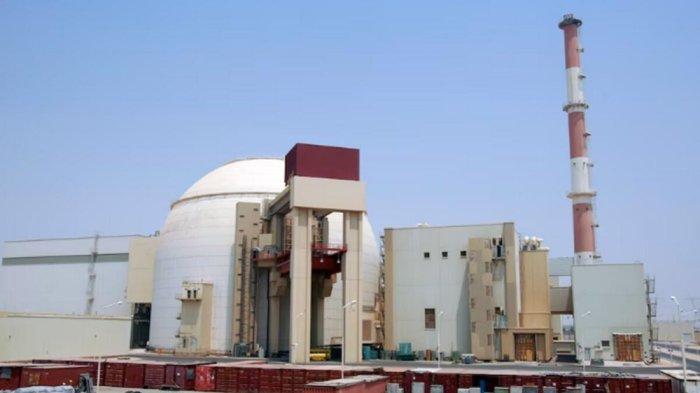Jakarta – The International Atomic Energy Agency (IAEA) has announced that Iran has temporarily shut down all of its nuclear facilities. This closure comes after a massive missile and drone attack on Israel on Saturday (13/4).
Reporters questioned Rafael Grossi as IAEA Chairman on the sidelines of the United Nations Security Council (UNSC), regarding his concerns over a potential Israel attack on Iran’s nuclear facilities in retaliation for previous Iranian attacks.
“We are always aware of this possibility. What I can tell you is that our team of inspectors in Iran was informed by the Iranian government that on Sunday (14/4) all the nuclear facilities that we inspect every day would be temporarily closed for security reasons,” said IAEA chief Rafael Grossi, quoted by AFP, Monday (15/4).
Grossi mentioned that Iran’s nuclear facilities will reopen on Monday (15/4), according to local time. Then, the new UN nuclear inspectors will return the day after.
“I decided not to allow the inspectors to return until we saw that the situation had completely calmed down,” he added.
More than 300 drones and missiles that Iran sent to Israel in a nighttime attack from Saturday to Sunday. This retaliation was triggered by an Israeli airstrike on the consulate building in Damascus that killed seven Revolutionary Guard members, two of whom were captains general.

Although Israel successfully repelled most of Iran’s drone and missile attacks, fears of a widespread regional war remain. These retaliatory strikes, despite inflicting only minor damage, fueled speculation about a greater escalation of the conflict.
Previously, Israel is known to have launched military actions against nuclear facilities in the Middle East region.
In 1981, under the leadership of the late Saddam Hussein, Israel bombed the Osirak nuclear reactor in Iraq, despite opposition from the United States. In 2018, it was revealed that Israel also launched a secret airstrike on a nuclear reactor in Syria, 11 years before the operation was made public.
Tehran has also accused Israel of involvement in the assassination of two of its nuclear scientists in 2010, and the kidnapping of another scientist the previous year.
In 2010, a sophisticated cyberattack utilizing the Stuxnet virus, blamed by Tehran on Israel and the United States, resulted in severe damage to Iran’s centrifuges used to enrich uranium.
Israel suspects Iran has ambitions to build an atomic bomb, but Tehran denies the allegations. (EHP/KNY)
You may also like
-
Mempererat Koneksi: Kunci Sukses di Dunia Kerja
-
Veganisme Lebih dari Sekadar Makanan
-
Rahasia Tetap Waras dengan Menjalankan Strategi Ampuh Menjaga Kesehatan Mental di Tengah Kesibukan
-
Tips Meraih Keberhasilan UKM untuk Meningkatkan Penjualan
-
Menarik! Daur Ulang Sampah Plastik Hasilkan Inovasi yang Ciamik
